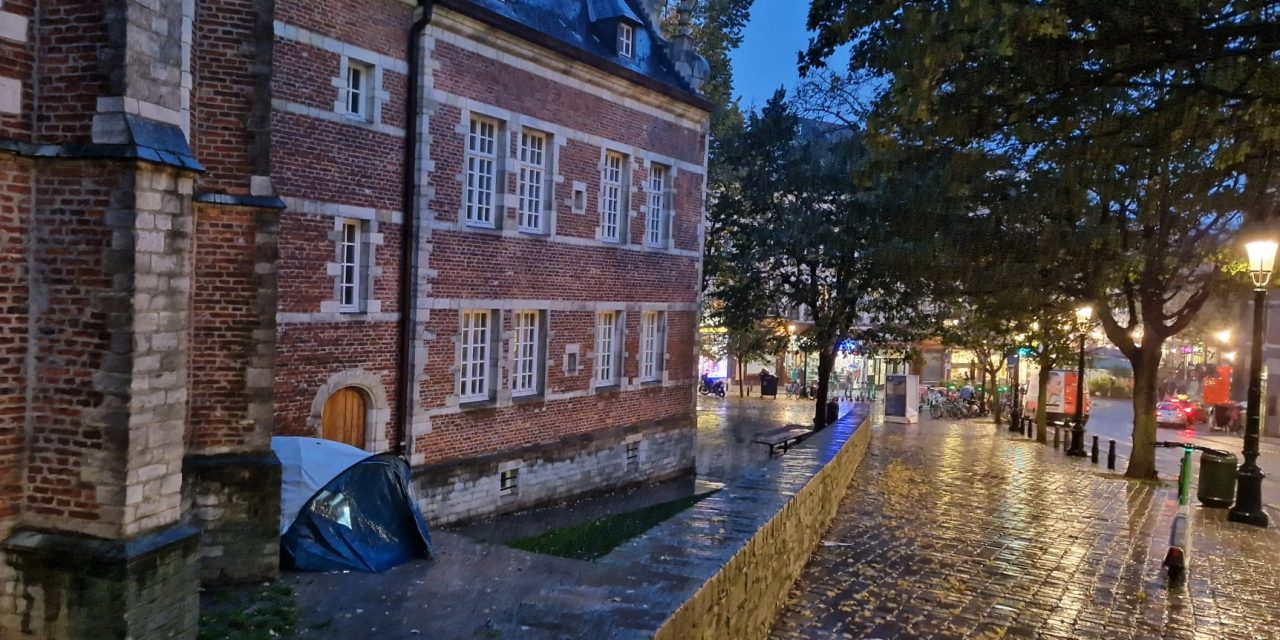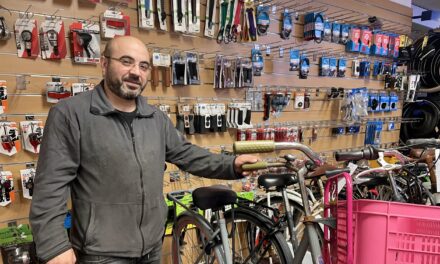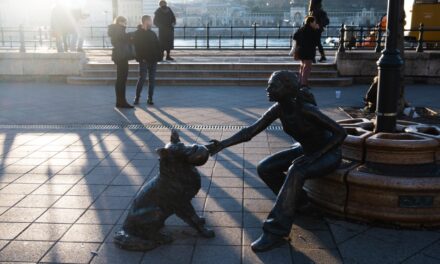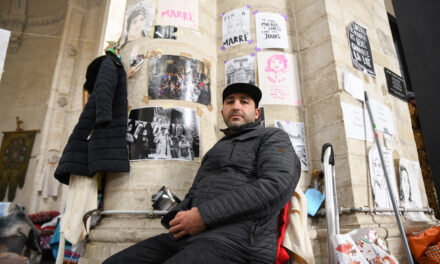In the heart of the European Union, Brussels is wrestling with the challenge of illegal immigration, also known as irregular immigration. Despite the EU’s robust regulations governing migration, this vibrant city, symbolic of unity and diversity, faces the difficulties of irregular migration despite efforts to fortify its borders and control entry procedures. According to the University of Brussels, there are over 112,000 undocumented people in Belgium, with nearly half of them residing in Brussels.
PICUM
The EU’s immigration laws aim to strike a balance between stringent border control and safeguarding the rights of migrants and citizens. However, Brussels, serving as the pivotal center of the EU, experiences a continuous influx of migrants driven by diverse motivations, from seeking asylum to pursuing economic opportunities. Nevertheless, a significant subset remains undocumented, living at the fringes of society due to their irregular status. This enduring concern has drawn attention from organizations such as PICUM (Platform for International Cooperation on Undocumented Migrants). PICUM operates at the intersection of policy and human rights, shedding light on gaps in regulations that fail to protect the well-being and rights of undocumented individuals
.
PICUM’s advocacy encompasses urging for more humane policies, addressing the root causes of irregular migration, and advocating for access to fundamental rights, such as healthcare, education, and fair labor conditions for undocumented migrants. Gianluca Cesaro, communication officer for PICUM, talks about the struggle, stating, “We encounter numerous undocumented migrants living on the street or in precarious conditions. While we strive to provide assistance, the increasing numbers pose significant challenges. Collaborating with the EU commission is essential, but more changes are necessary to offer these individuals a fair chance at life in Brussels or elsewhere in Belgium.”

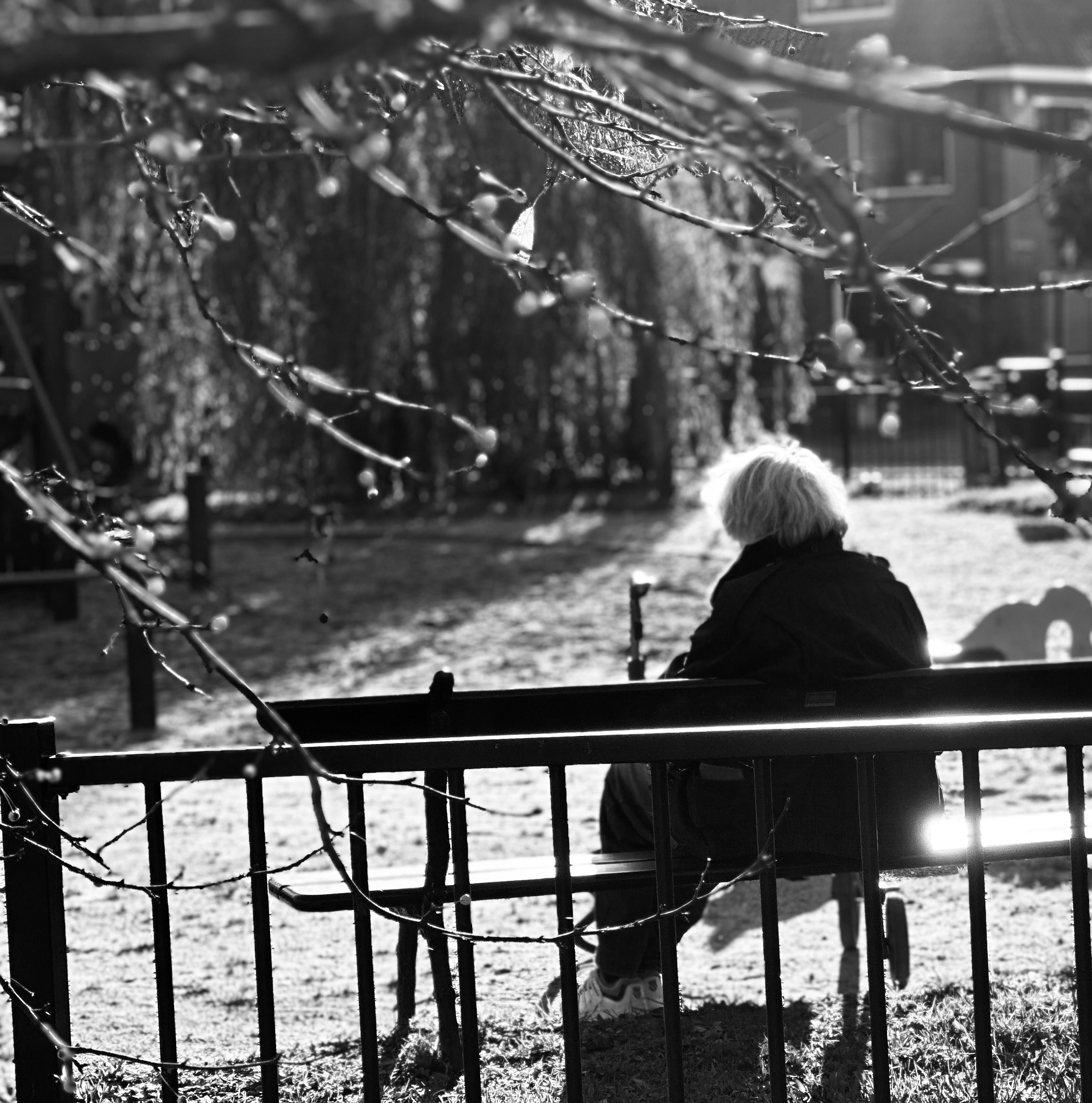
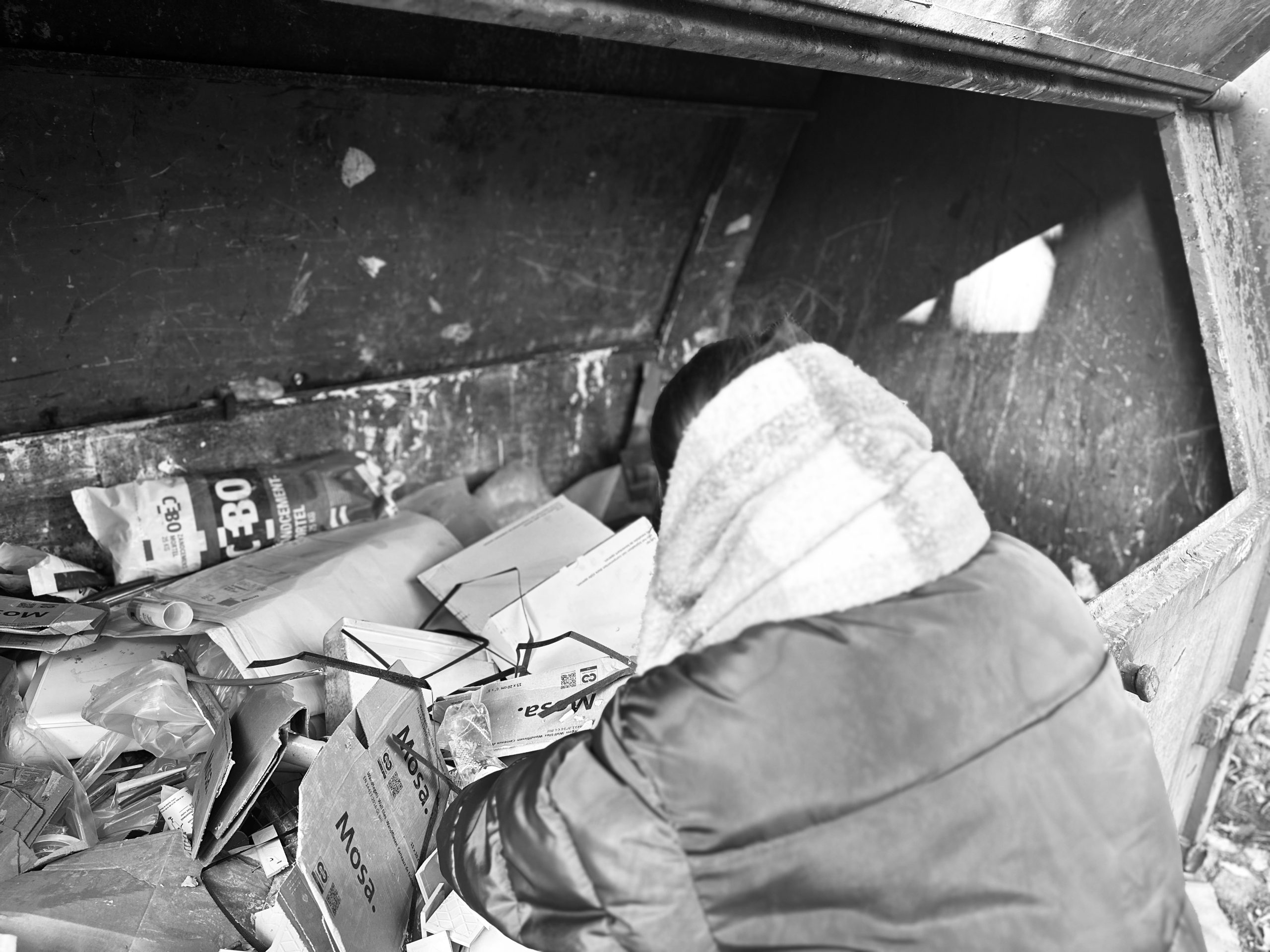

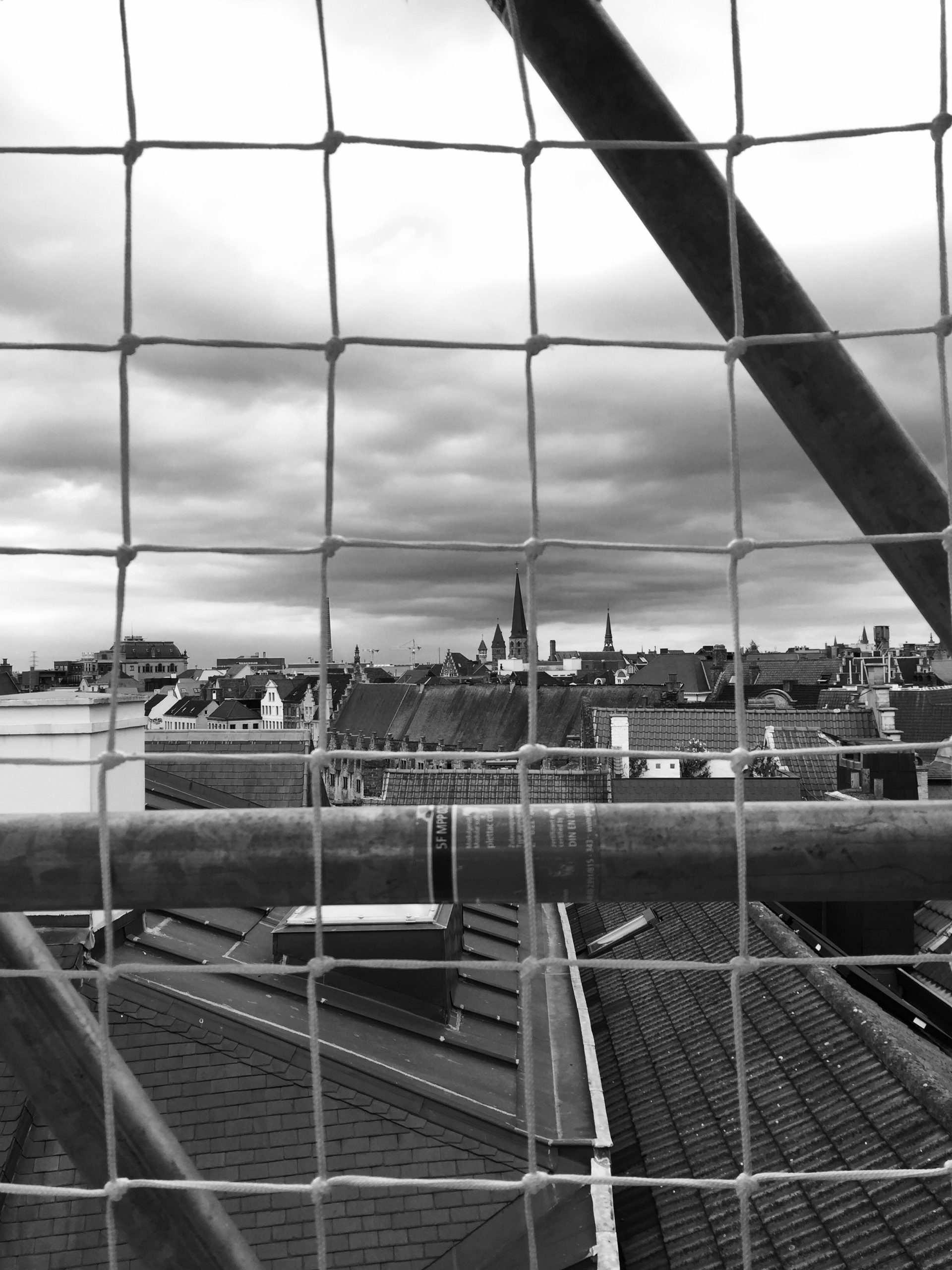
EU
Brussels faces a maze of bureaucratic hurdles, socio-economic disparities, and political uncertainties, further complicated by differing approaches among EU member states. This lack of uniformity results in varied enforcement measures and support systems for undocumented individuals across different regions. Sanderijn Duquet, diplomatic advisor for the State Secretary for Asylum and Migration, highlights the impending significance of this issue in the upcoming elections, emphasizing the need for EU unity. “The disparity in opinions on these matters creates uncertainty about the outcomes. Nevertheless, unity within the EU is crucial. There are multiple plans addressing this issue lying on the table at the European Commission.”
The global landscape, characterized by geopolitical conflicts, economic inequalities, and climate crises, continues to drive migration flows into Brussels and other European urban centers, perpetuating the complexities of illegal immigration. While PICUM plays a vital role in advocating for policy improvements, the inherent challenges within migration policies and practices impede substantial change. Brussels requires a collective and nuanced approach to reconcile stringent border controls with the humane treatment of undocumented individuals.
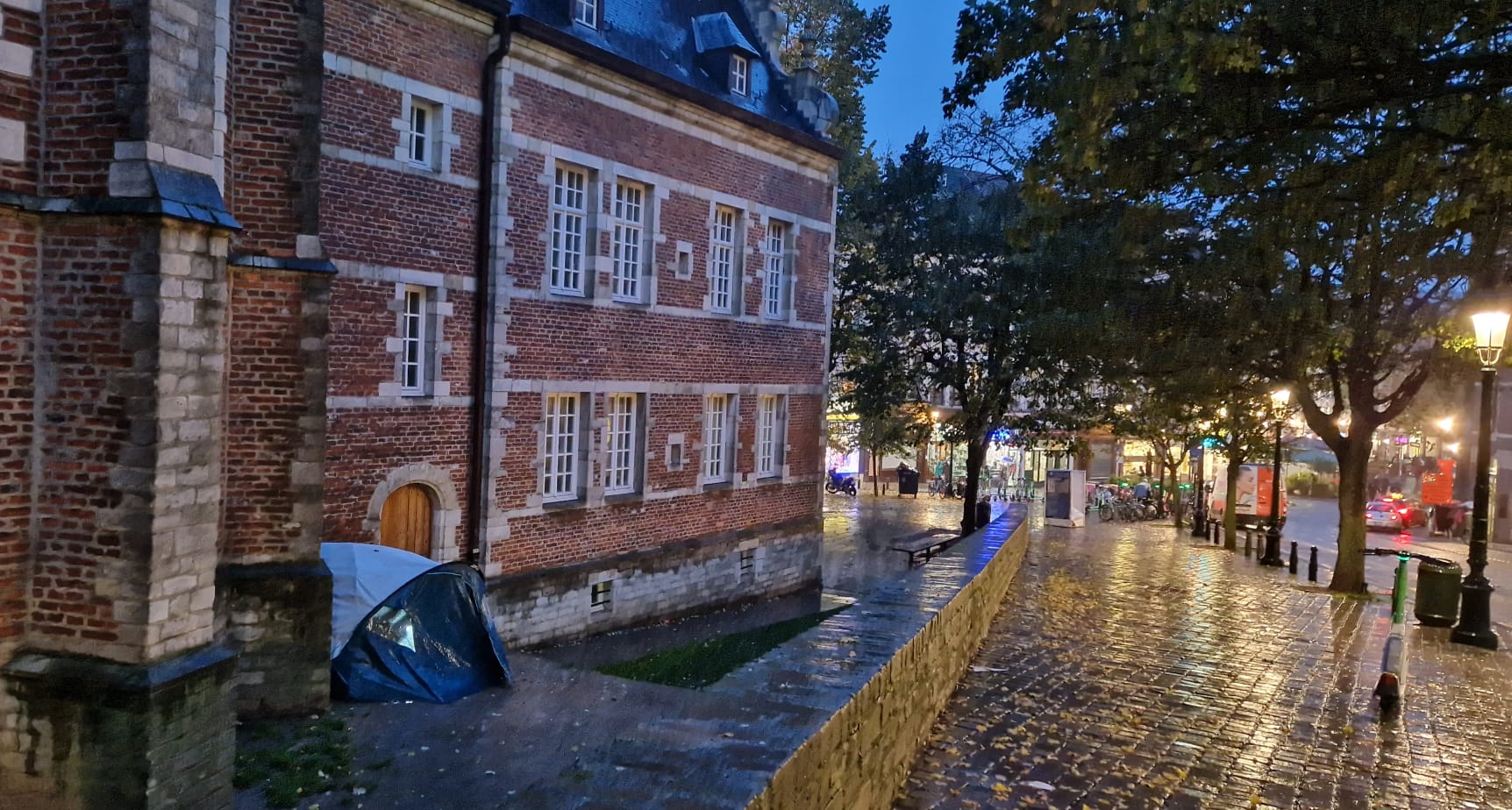
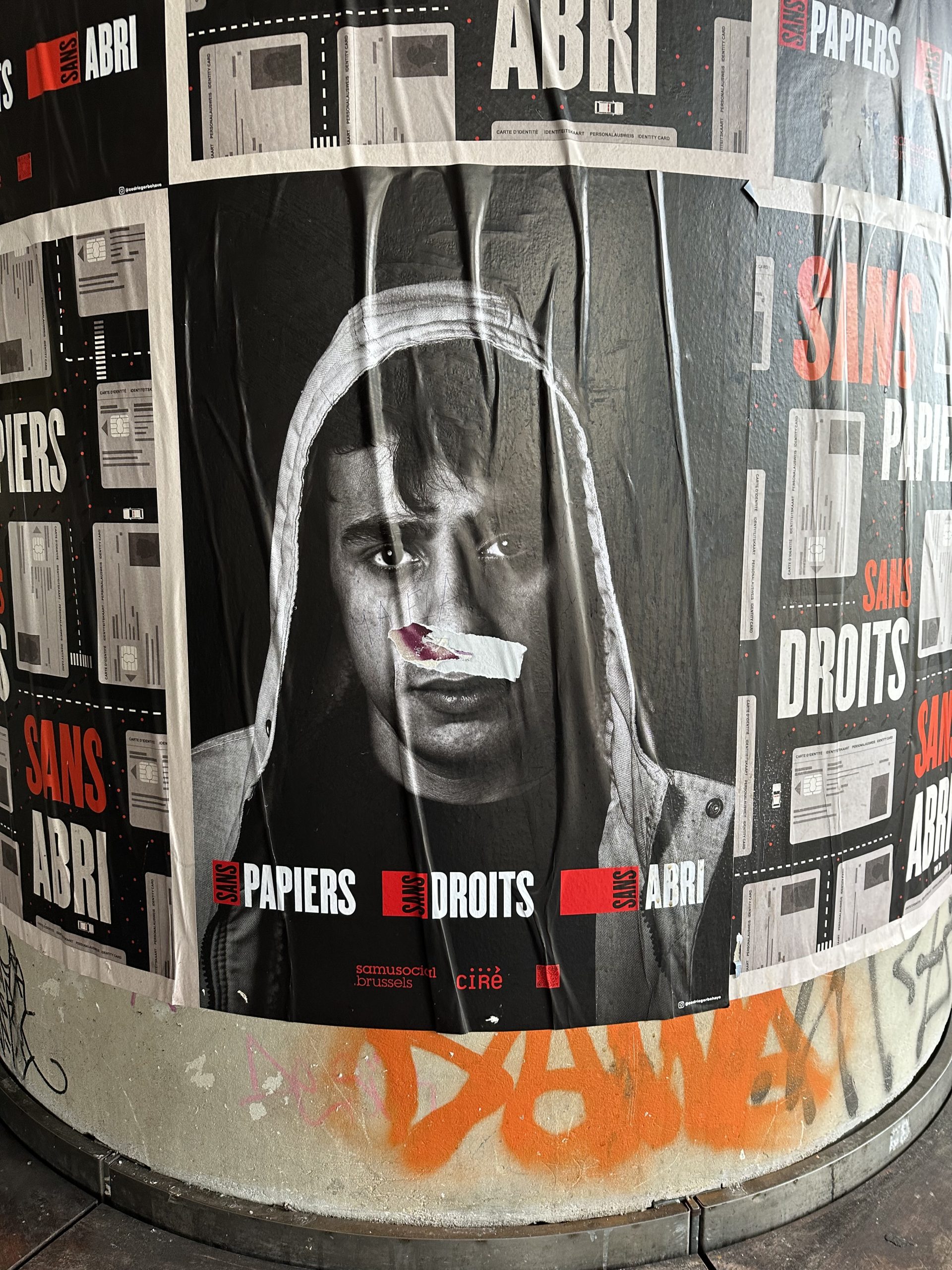
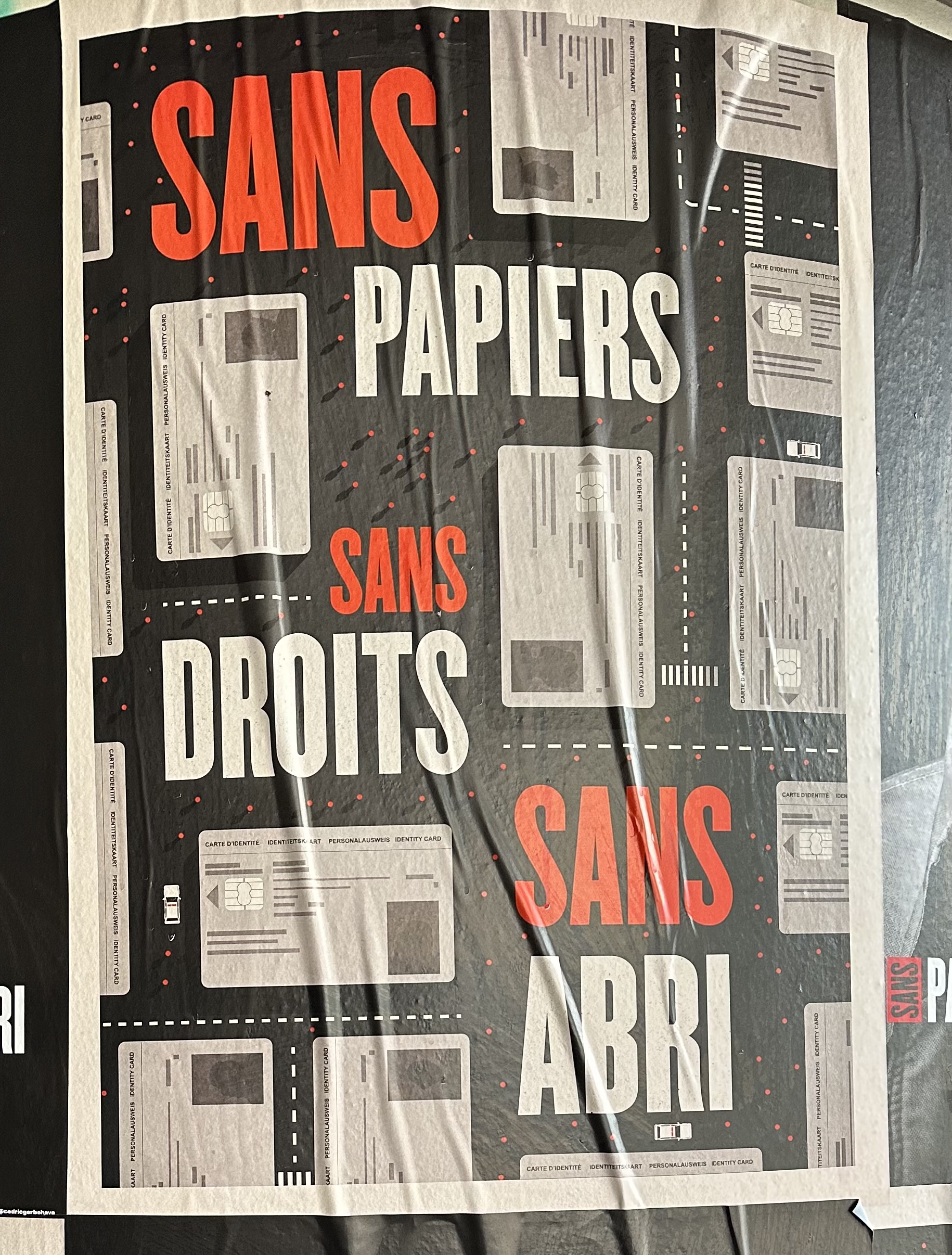

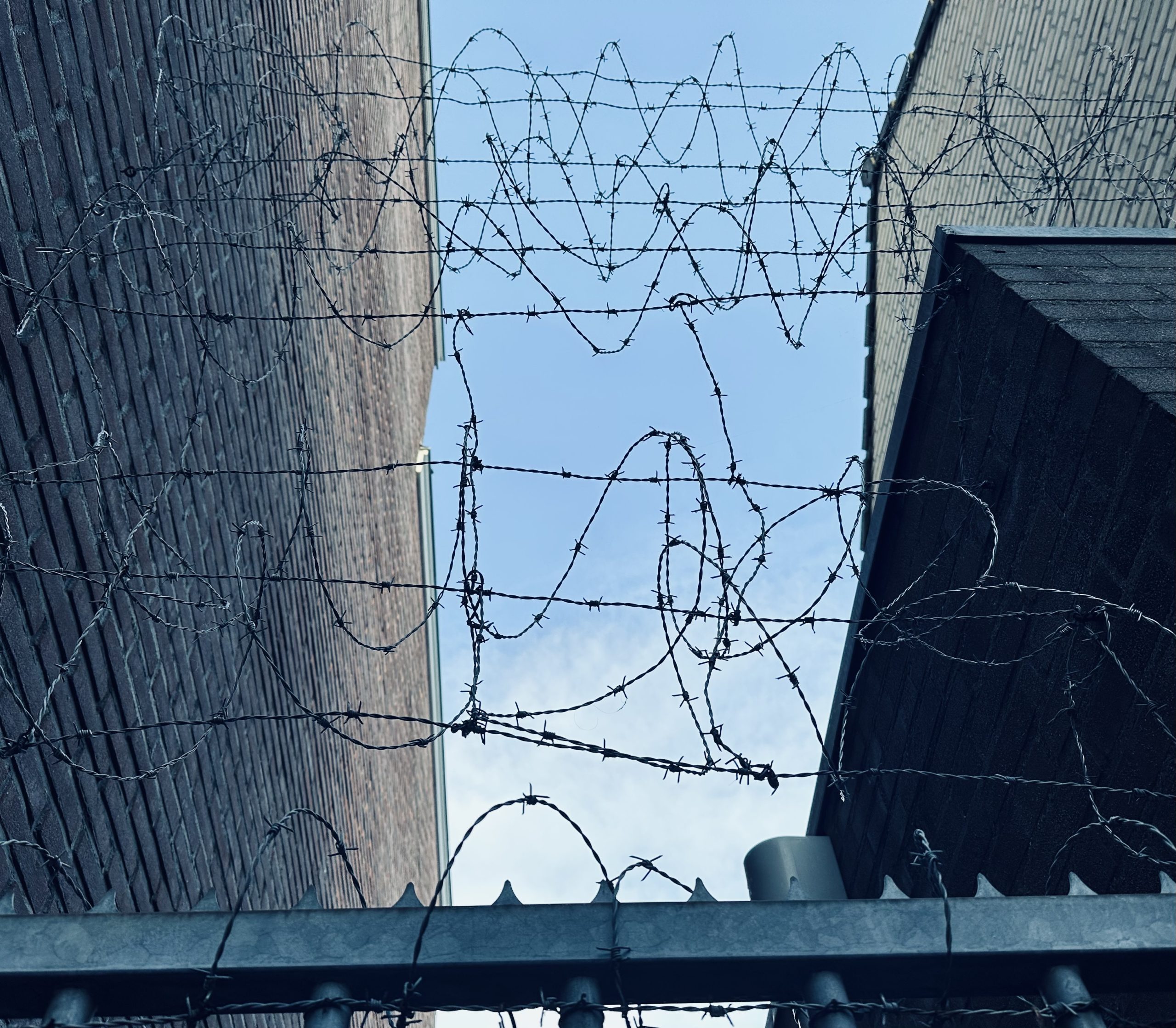
In essence, despite the EU’s regulatory framework on migration, the reality reflects a disconnect between policy intent and implementation. Resolving the intricate factors contributing to illegal immigration in Brussels necessitates collaborative efforts among stakeholders to establish a more comprehensive and equitable system for both migrants and the host society.
